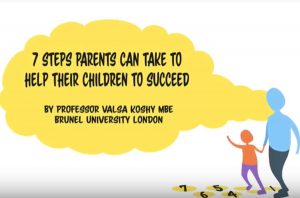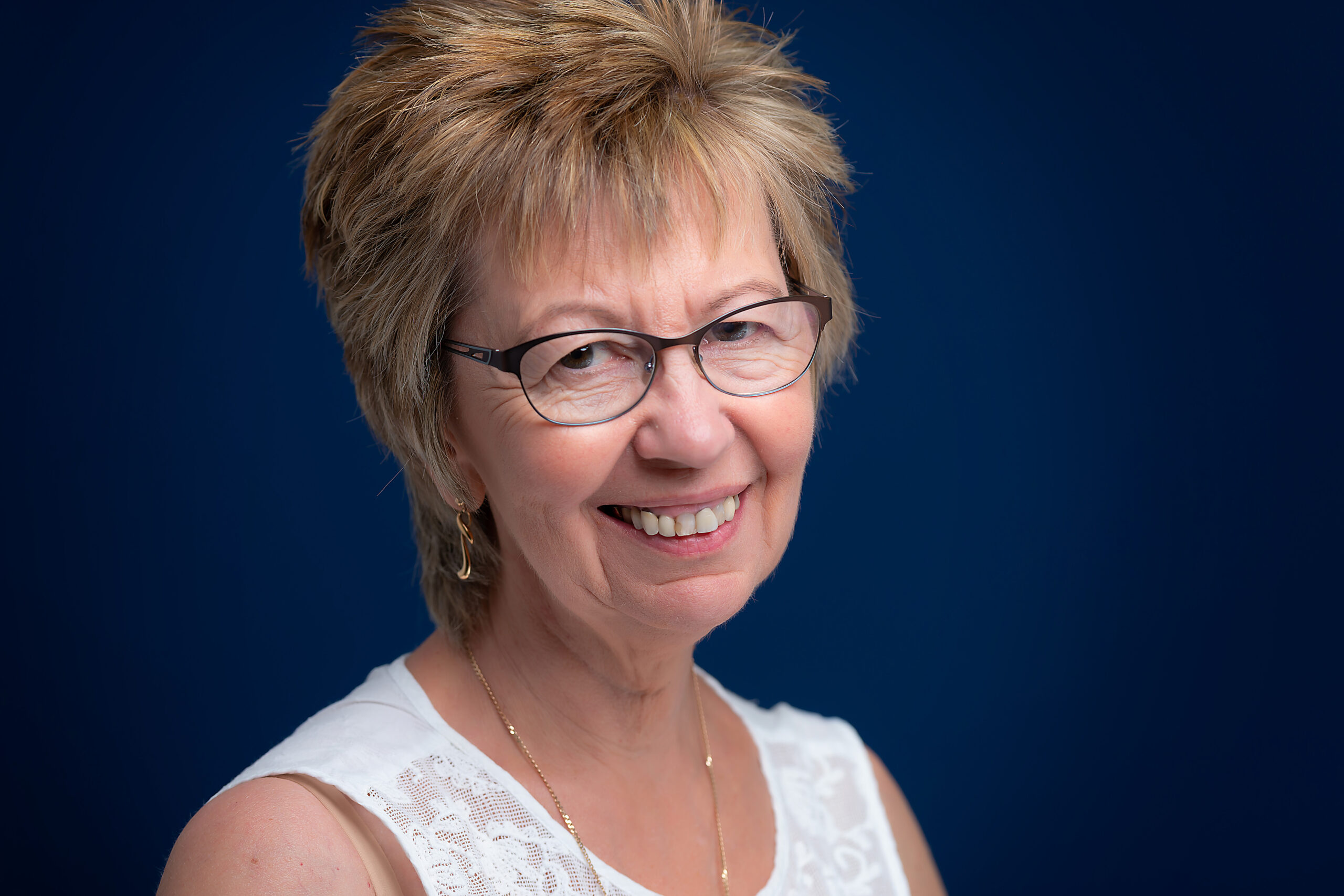 Last week, a video by Professor Valsa Koshy of Brunel University went out to 25,000 schools in England entitled
Last week, a video by Professor Valsa Koshy of Brunel University went out to 25,000 schools in England entitled
7 Steps Parents Can Take to Help Their Children to Succeed, in which she discusses the topic of ‘gifted’ children and how parents can support them. However, it was promoted by an article with the heading “There’s No Such Thing As Gifted – Leading Professor’s Message to Parents in 25000 UK Schools”. The video and accompanying article are available to view here: https://www.brunel.ac.uk/news-and-events/news/articles/There%27s-no-such-thing-as-%27gifted%27-Leading-professor%27s-message-to-parents-in-25000-UK-schools
It’s often the case that a headline is used to grab people’s attention and then the actual article provides a more rounded representation of the topic. It’s also worth bearing in mind that this article and video were primarily targeted at schools to share with parents. Indeed, Professor Koshy makes some excellent recommendations that can be used by all parents and carers. However, I would add that some young people do have the potential to understand information in-depth, to make quick analyses and connections, to see and understand the bigger picture, to manipulate complex concepts, and to apply any or all of these strengths in their learning. They can also be highly sensitive and perceptive, making them aware of differences between themselves and their classmates, which can, in turn, affect their self-esteem and wellbeing. Sometimes, parents and carers of high potential learners need to adopt different strategies in order to support and advocate for their children.
So, let’s look at each of these tips in turn.
1 – Intelligence is not fixed and we can change a child’s learning potential
The brain does indeed have plasticity and helping children to understand that perseverance and practice have a positive impact on brain development can be empowering for them. The more we practise the stronger the neural pathway becomes and the more confident we feel. Ensuring we are open to taking a challenge and learning from our mistakes can also have a positive impact on children’s learning and is something that can be modelled by parents.
However, we need to retain some caution, as it doesn’t necessarily mean that there will be an improvement across all areas of ability, be they academic or otherwise; or the extent of that improvement. As Valsa herself points out: we need to acknowledge their special abilities and gifts. Every child is unique; and some learn and develop faster than others from an early age.
2 – There is no universally accepted definition of any of these words – giftedness, talent, high ability
This is why Potential Plus UK prefers the term ‘high learning potential’ to describe the young people that our charity supports. A potential to learn quickly, make connections, be creative and imaginative – this is just the beginning, not the end product. Success and achievement are not determined by potential alone. High learning potential is certainly a starting point, but it requires consistent support to fully develop. Children with high learning potential, like all children, are capable of change – nurture them and they will flourish. Ignore their potential and they are likely to underachieve and lose their ‘spark’.
3 – Find and develop your child’s passion
An essential aspect of parenting is to provide all children with opportunities. Exposing our children to different ideas, games (e.g. board games) and conversations open their minds to potential areas of passion or inspiration. For this reason, Potential Plus UK holds an annual Be Curious Weekend when parents and children explore and discover a wide range of topics together.
4 – Develop your children’s wellbeing
A significant number of calls to Potential Plus UK’s telephone advisory service are about the wellbeing of the child. We help parents and carers understand and advocate for their children, be that because of anxieties due to heightened awareness or perception, or because of a spiky learning profile leading to issues around self-identity (as examples).
5 – Children’s abilities do not depend on their parent’s social backgrounds
This misconception is a key barrier to social mobility and an area of focus for Potential Plus UK through our work on ‘disadvantaged most able’ learners. Having high expectations for all children, regardless of background, is paramount to ensuring that children’s potential is not missed.
6 – Spend quality time with your children
Taking time to nurture and develop our children sets the scene for maximum development, regardless of their starting points. Ask good questions (i.e. ones that encourage depth of thinking); model the joy of curiosity and learning new things; and discuss as wide a range of topics as possible with them.
7 – Fight low expectations of children with special needs
Understanding that ‘special educational needs’ (SEND) or disabilities does not mean low ability is essential to ensuring that SEND children are not limited by low expectations. Indeed, the term dual or multiple exceptionality (shortened to DME) describes learners who have both high learning potential and special educational needs or disabilities.
Julie Taplin
Chief Executive
Potential Plus UK






